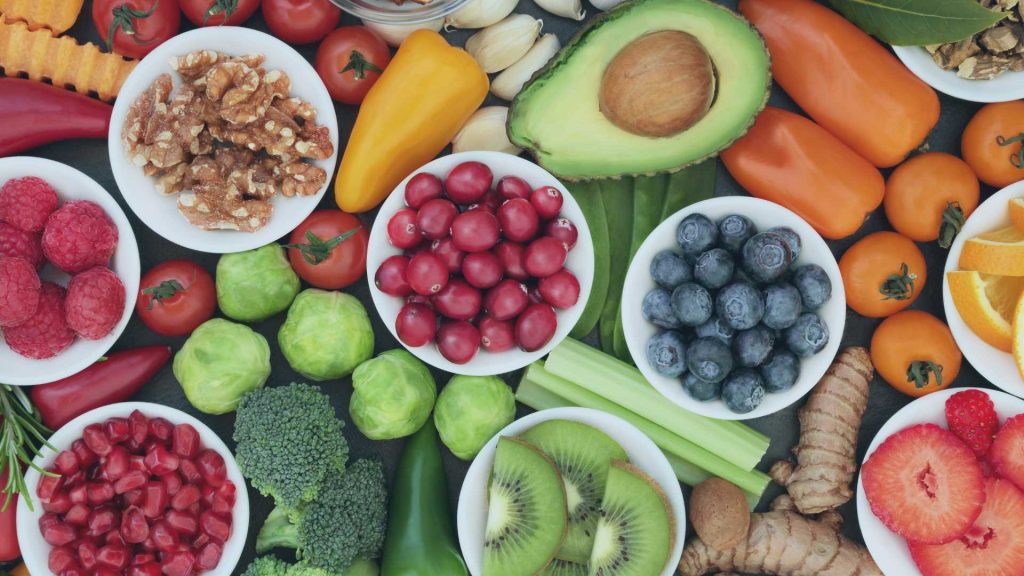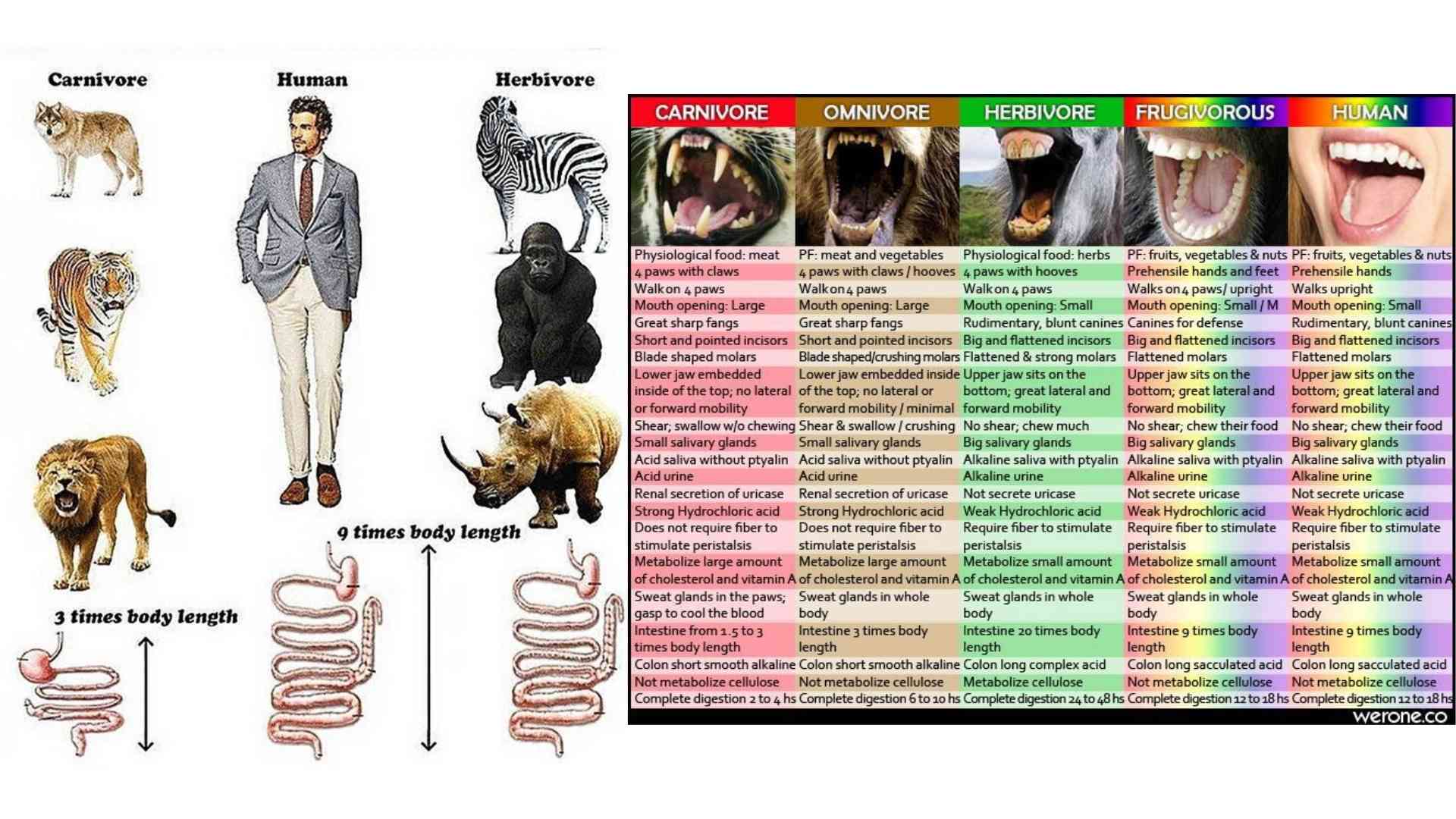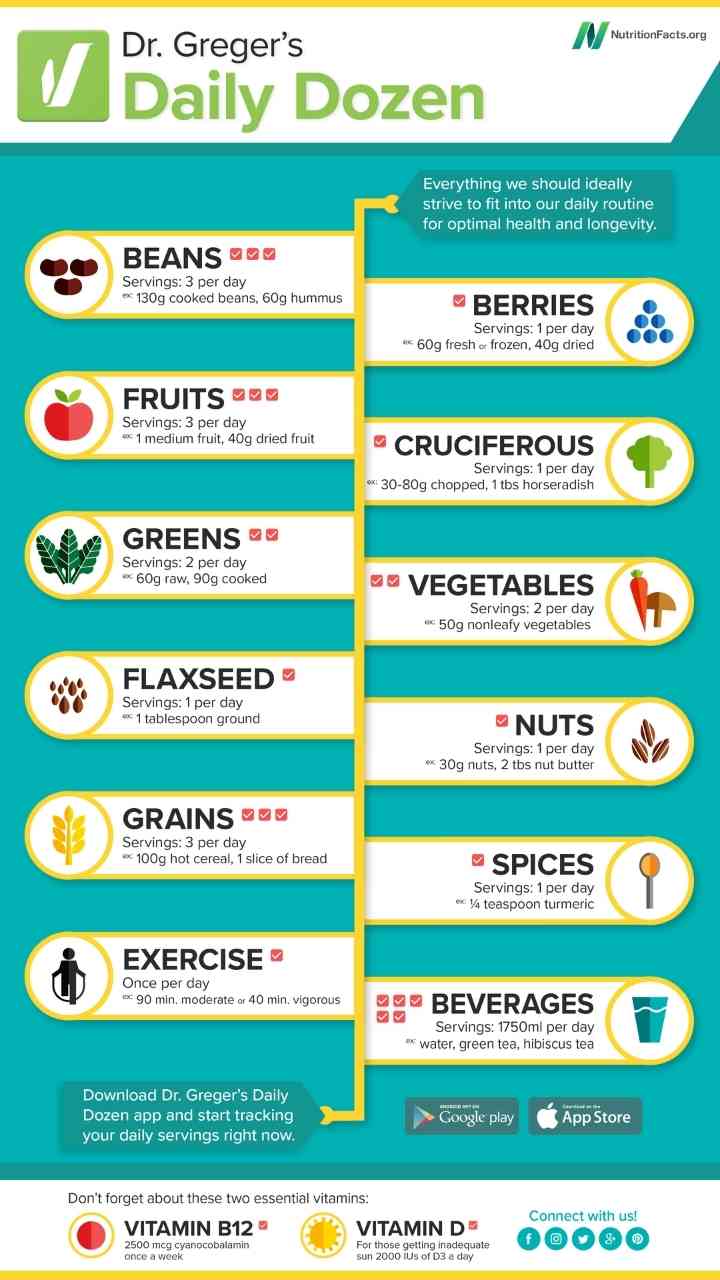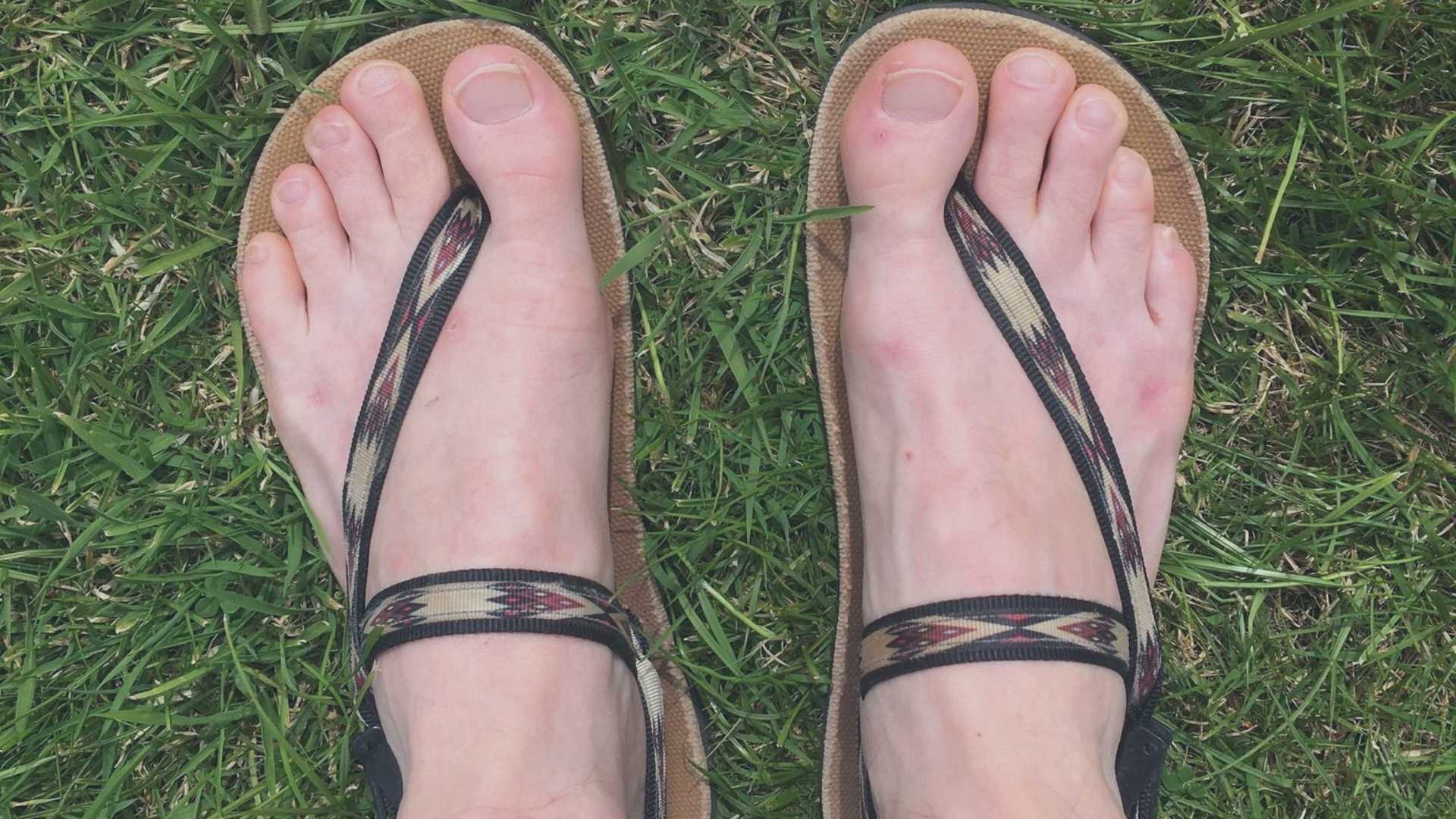What is the healthiest diet? What are the healthiest foods to eat? What is scientifically proven to be the healthiest diet for human health?
The Facts
1 in 5 deaths globally are caused by poor diet.
Poor diet kills more people globally than smoking.
The leading causes of death in the western world are all diet and lifestyle related.
Unhealthy diet and lack of exercise are leading global risks to health (WHO).
A healthy diet protects against heart disease, cancer, stroke, diabetes and alzheimers (our biggest killers).
So Where Has It All Gone Wrong?
Lack of education?
Poor upbringing?
Unhealthy beliefs or culture around diet and lifestyle?
Rising costs of healthy food + decreasing costs of junk & processed food?
Lack of time with busy, stressful careers and family life?
Clever marketing tactics and lobbying by corporations to mislead and deceive consumers?
Mental health issues, depression, stress, comfort eating etc?
All of the above?
Food Is Medicine
When I look at food I see vitamins, minerals, phytochemicals, flavonoids, antioxidants, health, nutrition. I think ‘what resources and building blocks am I giving my body to create new healthy cells out of?’ And I try to eat as many different whole foods and food groups as possible each day to make sure my body is getting every nutrient it needs to thrive.
What a lot of people think is ‘yum that looks or tastes nice, I’m going to eat that’ (often due to high salt or sugar content), without a second thought about what that meal will do to their body. What nutrition they are missing by eating this highly refined processed food, or what nasties they are consuming that their body will then have to work hard to detox . . . oh and somehow has to try to make new healthy cells from all this junk.
We are what we eat is such a perfect statement because your body LITERALLY creates new cells with the food you eat. Is it any wonder we develop disease when we supply our body with junk? Our body is just doing the best it can with the supplies we provide it.
So if you eat processed junk food today, tomorrow that food turns into muscle cells, bone cells, blood cells, skin cells etc so your body literally becomes that junk. If you fast forward a few years of living like this, is it any wonder we develop heart disease, stroke, cancer, alzeimers etc? Your body at this point is literally just made of processed junk.
It would be like giving a builder some sticks and leaves and asking them to build us a house. Yes they might be able to somehow build us one that looks and acts like a normal house for a while but eventually if that house experiences any sort of stress such as wind or rain it is going to result in leaks, damage, collapse etc just as our cells will experience genetic mutations, oxidative stress etc all of which lead to cancer, and blockages of arteries which lead to heart disease, stroke and alzheimers.
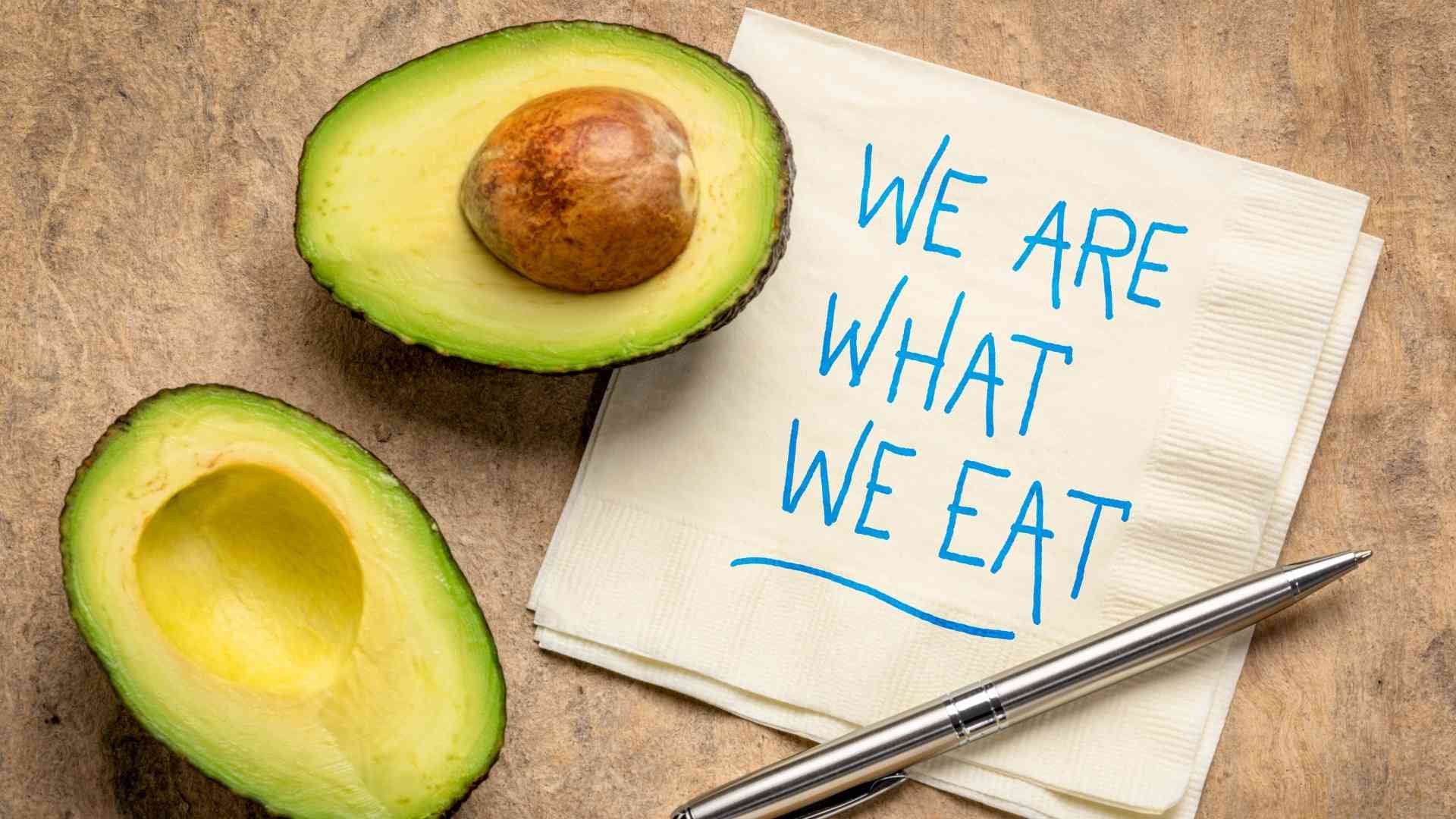
What Is The Healthiest Diet?
A lot of people I speak to about health and nutrition literally have no idea what a healthy diet even looks like. And I completely understand, it has taken me many years of searching and ending up down different rabbit holes as the advice is often very confusing and misleading with people beating certain drums very loudly and gaining massive cult like followings.
Corporations also pay lots of money for cherry picked/ambiguous studies, clever marketing and they lobby governments to squash any research that comes out against their industry too which doesn’t help us get to the bottom of this confusing landscape. The meat industry even funded a study that concluded consuming meat is on par with consuming tofu, but when you dig into the study you find out they covered the tofu in LARD!! They forgot to mention that in all the headlines though.
Yep unbelievable isn’t it, the dairy and meat industry also concluded that a cheese, meat and ‘carb’ diet contains the same amount of cholesterol . . . . . . if you fill the carb diet with so much coconut oil and cookies, that all 3 diets consume the same amount of saturated fat . . . . . NO WAY!!!
I’ve also noticed certain words relating to diet can raise friction and polarise people against certain diets such as vegan, vegetarian, keto, carnivore etc as they all have very die hard cult like followings and you either become ‘one of us’, or ‘you’re against us’.
So I’m not here to preach about ethics, morals and certain lifestyles, I’m purely approaching this from a diet and health perspective and what has been proven time and time again to be the healthiest diet for us humans to consume, to lower our risk of ALL major diseases and that is a whole food, plant based diet without question.
History
You see our body was never designed to eat as much meat, dairy, refined grains, sugar and salt as we currently eat in the western world. When we were cavemen we might have only ate meat once or twice a week (if we even managed to catch anything at all). We lived mainly on fruit and vegetables. And our only sources of sugar and salt came from plants and fruit so we would be consuming lots of fibre with the sugar too, which limits blood sugar spikes.
If you look at our digestive system and teeth they are pretty much identical to our ape cousins – built for chewing and breaking down plants.
A herbivore’s (and human’s) digestive tract is 9 times their body’s length – to get as much nutrients out of the plants as possible as it takes much longer to break down plants. It takes 12-18 hours for a human to fully digest our food.
A carnivore – omnivore’s digestive tract is only 3 times their body’s length. Full digestion of food only takes 2-10 hours. This is to prevent meat being in the body a long time turning bad and poisoning the body.
Our teeth are also practically the same as a primates, we don’t have large fangs or sharp incisors for ripping meat, just blunt short ones for grinding up plant, nuts etc.
Resources - Where To Start
I’ve just finished Dr Greger’s book – ‘How not to die’ and it is an amazing resource quoting hundreds, if not thousands of different research papers proving time and time again that when patients suffering with heart disease, stroke, diabetes and even some cancers and alzheimers are placed onto whole food, plant based diets their symptoms start to improve and most make complete recoveries.
He also has an amazing podcast – ‘Nutrition Facts’ and App – Dr Gregor’s Daily Dozen.
In his book he talks about his ‘daily dozen’ checklist for ensuring you get enough daily nutrition.
This is made up of:
3 servings of beans/lentils
1 serving of berries
3 servings of other fruit
1 serving of cruciferous veg
2 servings of greens
2 servings of other veg
1 tablespoon of ground flax seeds
1 serving of nuts/seeds
3 servings of WHOLE grains
1 serving of spice
1750ml water/tea
90mins of moderate or 40mins vigorous exercise
Dr Greger says to imagine your dinner plate with 50% of it as vegetables, 25% of it as beans/lentils, and 25% of it as WHOLE grains. This isn’t how we imagine a typical curry with 50%+ REFINED grains (white rice), 25%+ meat and just 0-25% vegetables. I see a lot of curries with just onions, garlic and meat in. So we need to re-imagine how we prepare and view our meals.
Dr Greger also explains his traffic light system which is a good basic outline to follow:
Green category foods (unprocessed whole plant foods) should be maximised,
Yellow foods (processed plant foods and unprocessed animal foods) minimised,
And red category foods (ultra-processed plant foods and processed animal foods) avoided.
‘The best available balance of evidence suggests the most healthful diet is one that maximises the intake of fruits, vegetables, legumes (beans, split peas, chickpeas, and lentils), whole grains, nuts and seeds, mushrooms, and herbs and spices. Real food that grows out of the ground, from fields not factories. These are our most healthful choices. In general, the more whole plant foods and the fewer processed and animal foods, the better. So, I’m talking about more green-light foods and less yellow- and red-light foods. Similar to running red lights in the real world, you may be able to get away with it once in a while, but I wouldn’t recommend making a habit out of it.’
What does he mean by processed? ‘I like to think of “unprocessed” as nothing bad added and nothing good taken away.’
So if you grind up nuts and seeds or add some ingredients to a smoothie you haven’t taken anything away or added any additives. But white grains have had the bran and germ removed which contain all the nutrients and fibre so this is processed and unhealthy.
Source: Nutritionfacts.org
So there you have it, eat more vegetables, berries, fruit, beans, whole grains, nuts and seeds and less meat, dairy, fish and eggs for a healthier, longer life based on all available (unbiased) research.
If you are up for a bit of fun post on social media that you are doing Dr Greger’s Daily Dozen Challenge for 1 day (or a week if you’re up for a real challenge) and post up pics of your healthy meals then nominate your friends and family to try and get everyone eating healthier.
Use the hashtags #HowNotToDie and #DailyDozenChallenge in your announcement post and ask others to do the same. Let people know they can track their Daily Dozen on the free iPhone and Android apps. You can challenge 3 people personally, or just ask all of your friends to join in (personally nominating people always gets the best response though).
If you sign up to our Health, Nutrition and Longevity newsletter below we will send you a month long daily checklist that you can print out and tick off each day with your family to make sure you are all getting the recommended nutrition each day.
If you click on Dr Greger’s poster below you can download and print out a copy from his amazing website Nutrition Facts.
Challenge 22 is an amazing resource for making the switch to plant based with lots of recipes and advice, you even get your own mentor and dieticians too.
Viva have also created some helpful guides to point you towards all the best resources, recipes and even some 7 day and 30 day meal plans too.
World Health Organisation Guidelines
The World Health Organisation guidelines are less nutritious than Dr Greger’s daily dozen and definitely not optimal but a good starting point and shows many similarities:
A healthy diet includes the following:
- Fruit, vegetables, legumes (e.g. lentils and beans), nuts and whole grains (e.g. unprocessed maize, millet, oats, wheat and brown rice).
- At least 400 g (i.e. five portions) of fruit and vegetables per day (2), excluding potatoes, sweet potatoes, cassava and other starchy roots.
- Less than 10% of total energy intake from free sugars (2, 7), which is equivalent to 50 g (or about 12 level teaspoons) for a person of healthy body weight consuming about 2000 calories per day, but ideally is less than 5% of total energy intake for additional health benefits (7). Free sugars are all sugars added to foods or drinks by the manufacturer, cook or consumer, as well as sugars naturally present in honey, syrups, fruit juices and fruit juice concentrates.
- Less than 30% of total energy intake from fats (1, 2, 3). Unsaturated fats (found in fish, avocado and nuts, and in sunflower, soybean, canola and olive oils) are preferable to saturated fats (found in fatty meat, butter, palm and coconut oil, cream, cheese, ghee and lard) and trans-fats of all kinds, including both industrially-produced trans-fats (found in baked and fried foods, and pre-packaged snacks and foods, such as frozen pizza, pies, cookies, biscuits, wafers, and cooking oils and spreads) and ruminant trans-fats (found in meat and dairy foods from ruminant animals, such as cows, sheep, goats and camels). It is suggested that the intake of saturated fats be reduced to less than 10% of total energy intake and trans-fats to less than 1% of total energy intake (5). In particular, industrially-produced trans-fats are not part of a healthy diet and should be avoided (4, 6).
- Less than 5 g of salt (equivalent to about one teaspoon) per day (8).
So the WHO also agree that meat, dairy and oils should be kept to a minimum and depending how you read this states whether meat and dairy come under saturated fat (less than 10% of calorie intake per day) or I read it as ruminant trans fat (less than 1% of calorie intake per day).
So either way meat and dairy should only account for 1-10% of calorific intake per day, which is a LOT less than what most people in the western world are consuming per day.
Also a maximum of 6 teaspoons of sugar (from ALL sources including fruit which is hard to measure) and just 1 teaspoon of salt.
Source: who.int
Conclusion
So there you have it, eat MUCH more fruit, veg, whole grains, nuts and legumes and MUCH less (preferably zero) meat, eggs, dairy and fish for a much longer, healthier, disease free life. Research that shows switching animal protein to plant protein lowers mortality here.
I KNOW unhealthy food tastes good, believe me I do! I struggle to walk past some supermarket isles just as much as the next person, but it is essential for our health (and our family’s health) that we cut them out or start to see them as treats rather than the main bulk of our meals.
Remember Dr Greger’s red light system, daily dozen checklist and 50% veg, 25% whole grains and 25% beans dinner plate analogy for quick easy reference when preparing your new meals.
Disclaimer
Nothing contained in this blog or on our social media channels should be considered medical advice or replace the advice of your doctor or health practitioner. Always consult your doctor before making any extreme changes to your diet and lifestyle especially if you are currently in ill health or on medications. Some of the diet intervention studies mentioned actually worked SO well that diabetes and heart disease patients had to reduce and even come off their meds completely so it is important to only do this under supervision from your doctor, or your current medication doses could become too high and cause you severe side effects.


